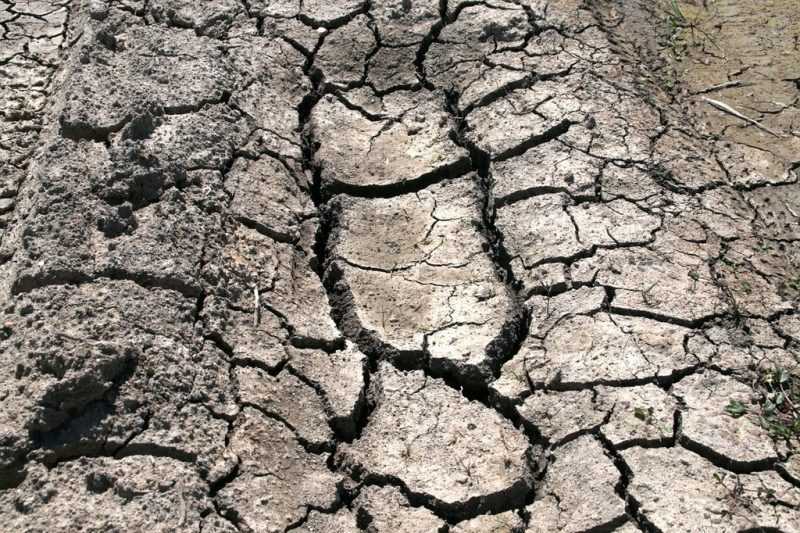
Oscar J Jeke- Zim Now Reporter
A new regional initiative aimed at tackling Southern Africa’s recurring drought crisis will be launched next week, bringing together governments, development partners, and civil society to build resilience and reduce risks.
The DRM Forum: SADC Platform for Disaster Risk Reduction and Regional Drought Resilience Workshop will run from 15 to 19 September at the Happy Valley Hotel in Ezulwini, Eswatini.
The event is hosted by Eswatini’s National Disaster Management Agency in partnership with the Southern African Development Community and the World Bank.
More than 150 delegates are expected, including policymakers, academics, and representatives from international organizations, to share solutions and forge partnerships.
The forum will also celebrate regional “drought resilience champions” and officially launch the SADC and Eswatini Disaster Risk Reduction Platform, alongside the Eswatini Drought Centre of Excellence.
Officials say the new structures will serve as hubs for policy coordination, technical research, and knowledge exchange. The aim is to shift countries away from crisis-driven drought responses toward proactive and preventive strategies.
Related Stories
“Droughts in Southern Africa are a silent crisis, causing long-term damage to agriculture, energy, water supply, health, and livelihoods,” the NDMA noted.
“Experiences from past droughts, such as the 2016 El Niño event in Eswatini, highlight the urgent need for comprehensive and proactive risk management.”
The 2016 drought response cost Eswatini nearly 18.6% of its government expenditure, leading to reduced water levels, disrupted businesses, and widespread poverty and food insecurity.
The new platform will align with international best practices, including the United Nations Economic and Social Council principles, promoting integrated approaches that combine scientific forecasting with community-based knowledge.
According to the World Bank, the initiative is expected to support early warning systems, reduce disaster losses, protect investments, and promote sustainable development in the region.
Organizers say the initiative could mark a pivotal shift in how Southern Africa manages one of its most persistent natural hazards.
“By investing in preparedness and early warning, we can prevent economic losses and humanitarian suffering tomorrow,” the statement read.










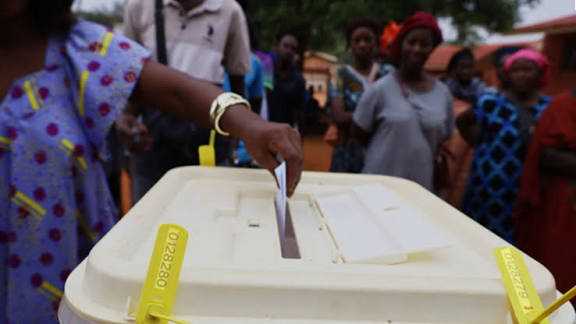



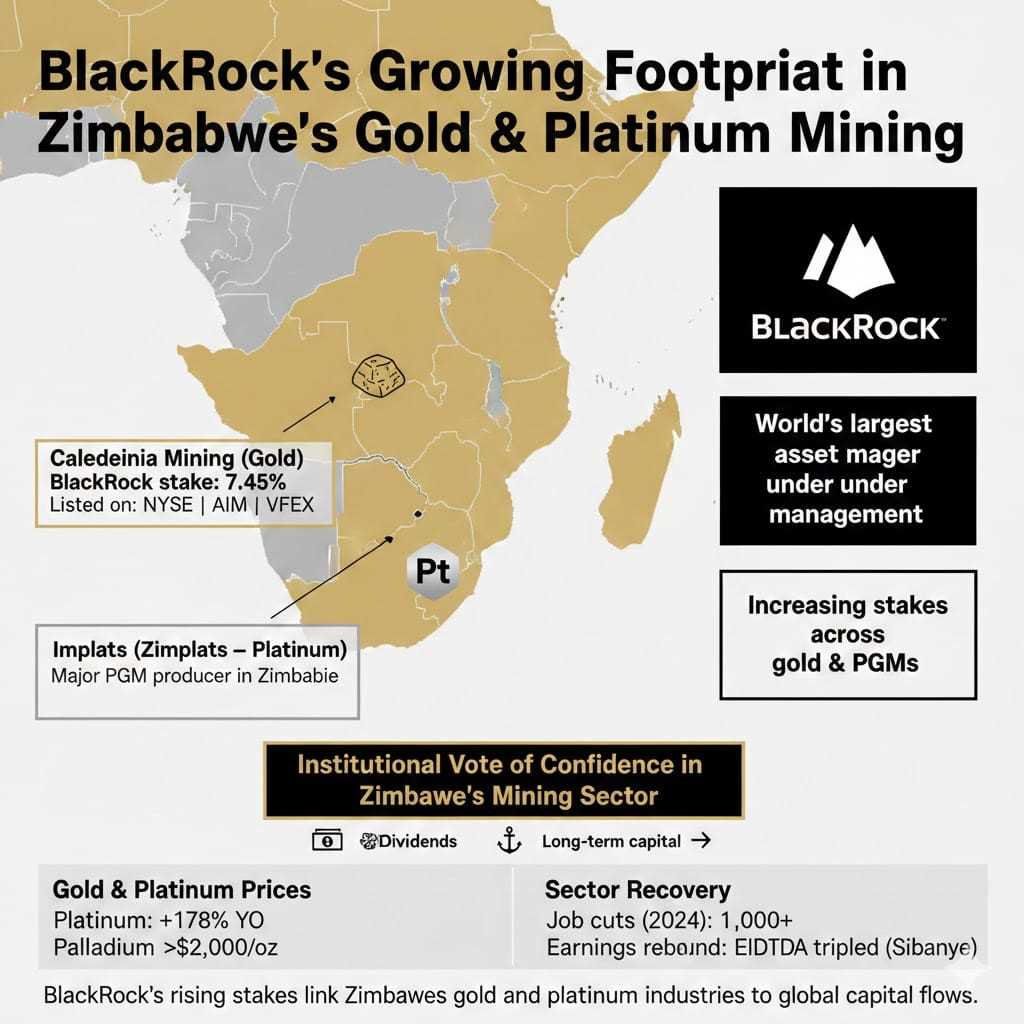
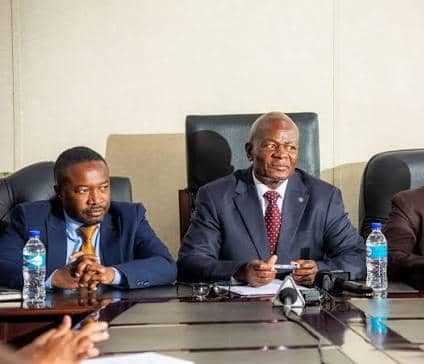

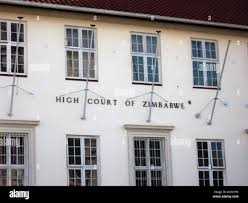


Leave Comments